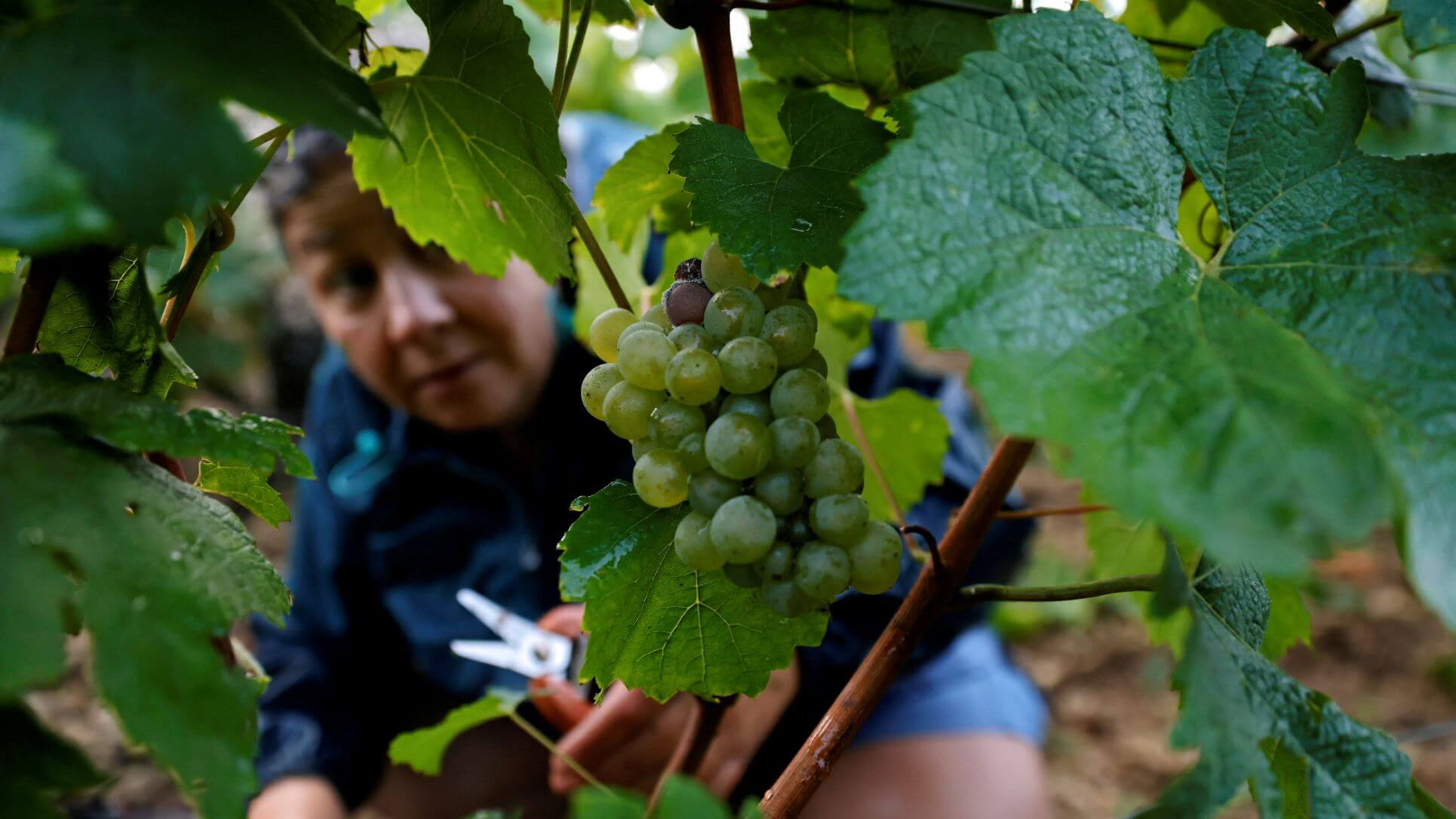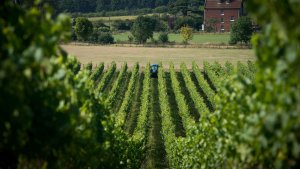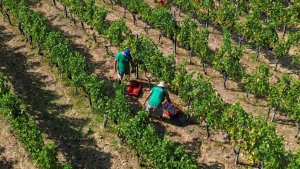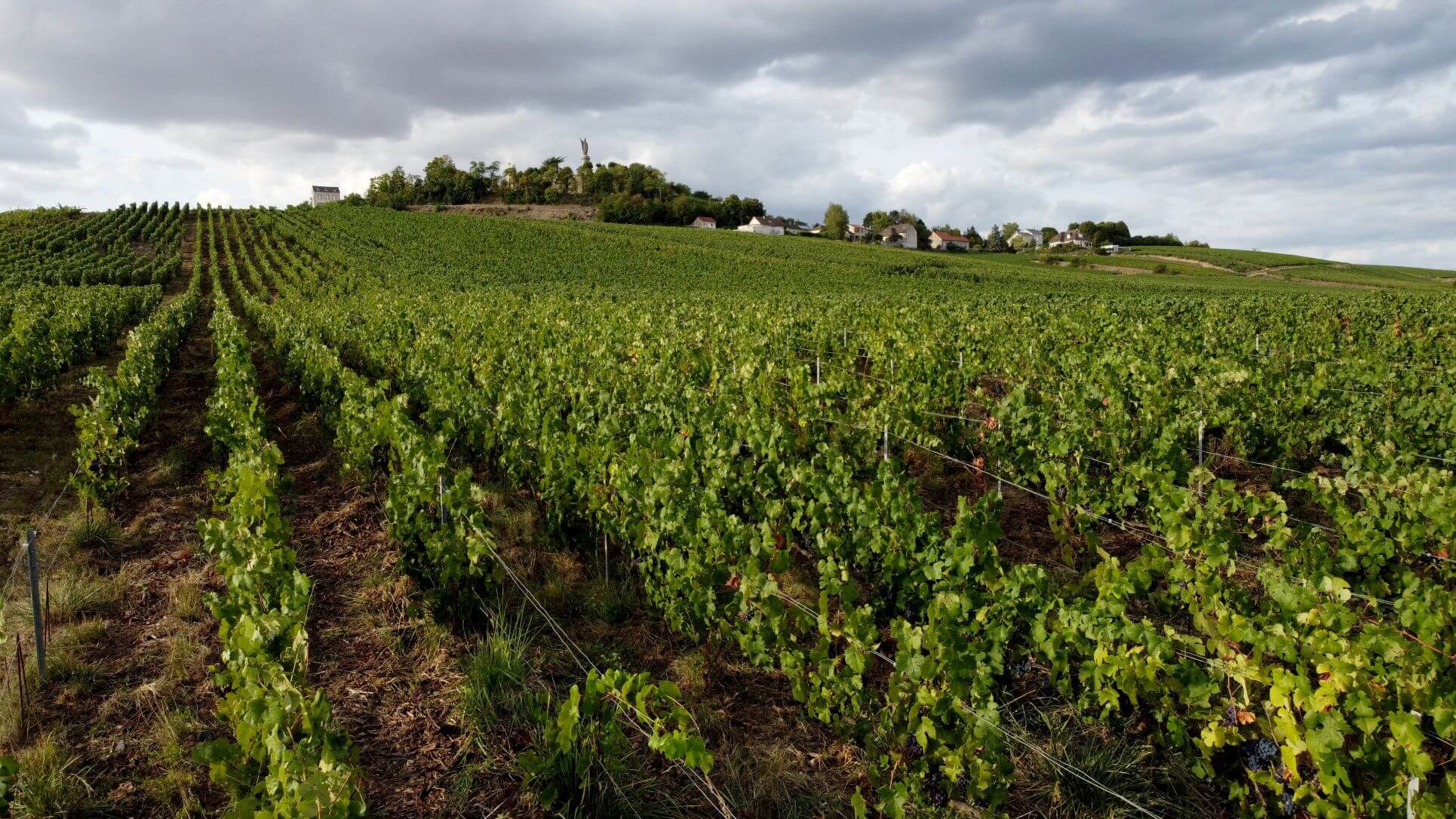The cold snap had prompted producers to try to protect vineyards and orchards with anti-frost systems.
Record Cold Night Gives Fruit And Wine Growers No Respite
The cold snap had prompted producers to try to protect vineyards and orchards with anti-frost systems.

Record low temperatures in many parts of France in the night from Sunday to Monday is expected to have caused severe damage to some fruit and wine production in the country for a second year running, growers said.
France recorded the coldest April night since at least 1947, at an average of minus 1.5 degrees Celsius (29.3°F), with record low temperatures for the month seen in many parts of the country, weather forecaster Meteo France said on Monday.
Forecasts ahead of the cold snap had prompted producers to try to protect vineyards and orchards with anti-frost systems on Sunday.
The frosts came after particularly mild temperatures in March that made shoots develop early, leaving them more fragile to cold snaps.
"This was another terrible night for fruit growers and winegrowers with temperatures down to minus 5 or minus 6 degrees (Celsius) (21.2°F)," Christiane Lambert, head of France's largest farm union FNSEA told Europe 1 radio.
Producers of fruits such as plums, cherries, apples, pears were the most hit and some were set to lose at least 80% of their harvest, she said.
Fresh fruit prices gained 4% in 2021, far above the rise of the average food index at 0.6%, statistics office Insee said.
A rise this year would come at a time when inflation is already hitting record highs in France, although fresh fruit and vegetable account for less than 2% of the total consumer price index in France.
In the wine sector, growers who had managed to prune a little later than usual may have less damage but it could be difficult for those who already had advanced vines, Lambert said.
Wine output last year was one of the lowest on record due to a combination of frost damage and pest attacks, with the Champagne harvest at the lowest in 40 years.
It was too early to assess potential damage to newly planted sugar beet, growers group CGB said. Last year's frosts had severely hurt sugar beet, forcing growers to replant tens of thousands of hectares.
(Reporting by Sybille de La Hamaide; editing by David Evans)
Thanks for signing up to Minutehack alerts.
Brilliant editorials heading your way soon.
Okay, Thanks!

